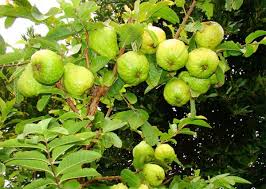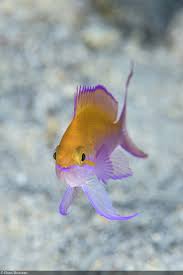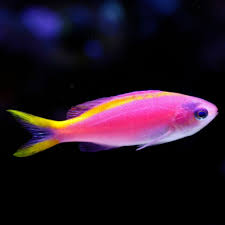
Royal Portraits of Emperors and Empresses: A Glimpse into Imperial Power and Legacy
Portraiture in royal courts across history has served as a powerful tool for asserting authority, projecting divine right, and immortalizing the ruling class. In particular, portraits of emperors and empresses have had profound significance not only in the political sphere but also in the cultural and spiritual landscape of their time. These paintings were not…













